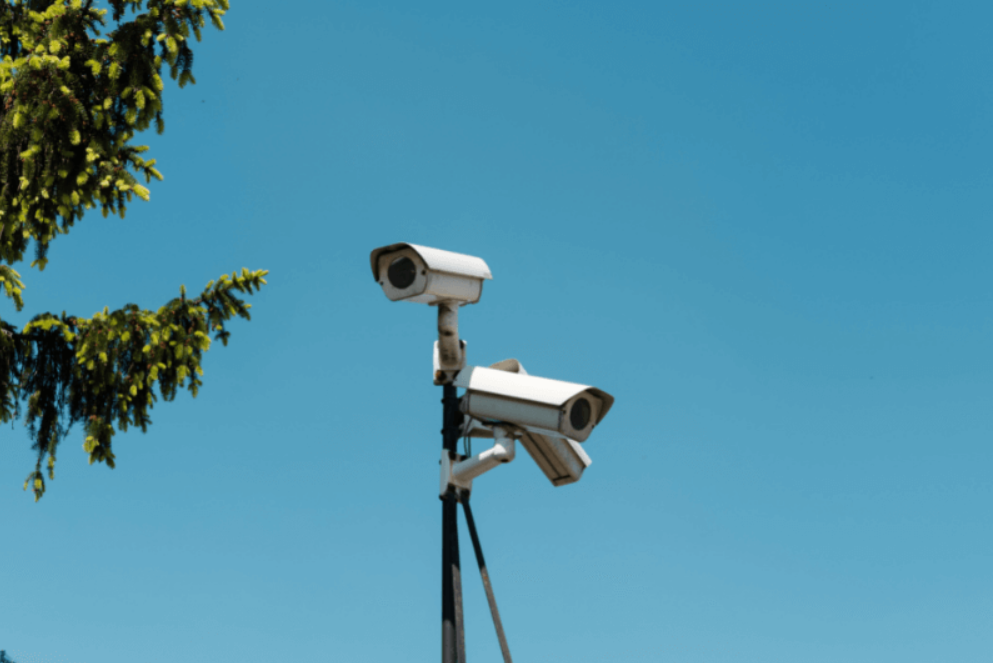About author
This profile is dedicated to managing the SCALE Community, ensuring a smooth and positive experience for everyone. It has admin and moderation functions to keep things running efficiently.
Please note: This profile cannot accept connection requests or direct messages. If you want to reach out the SCALE Community team please write to [email protected].

Comments